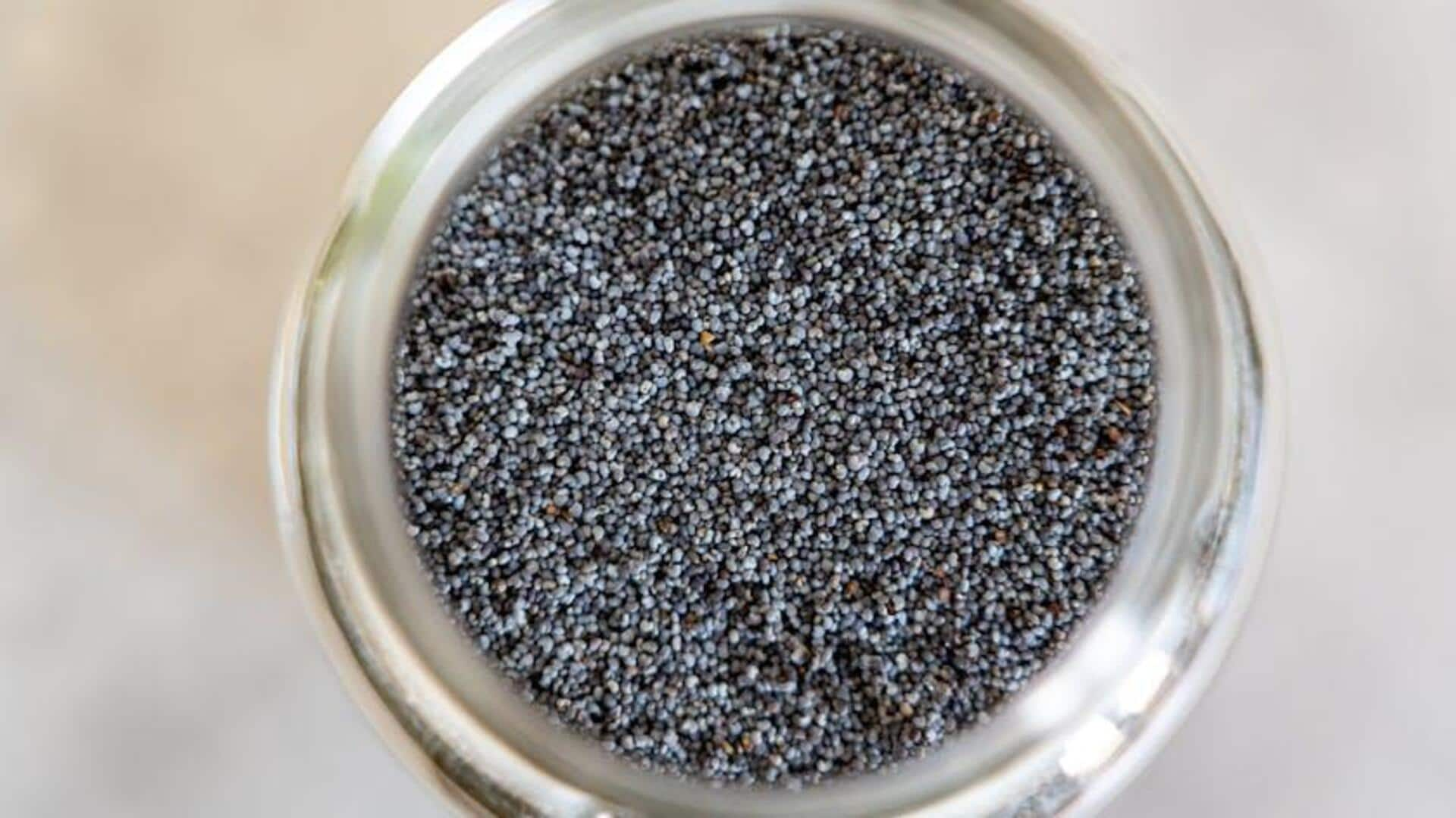
Tiny but mighty: 5 seeds your diet needs
What's the story
If you're looking for an easy way to up your nutrition game, you can add these superfood seeds to your daily diet. These seeds are rich in nutrients, including fiber, healthy fats, and an array of vitamins and minerals. They can be easily added to various dishes, from smoothies to salads. Here are five superfood seeds you can add to your daily diet for health.
Chia seeds
Chia seeds: Tiny nutritional powerhouses
Chia seeds are loaded with omega-3 fatty acids, fiber, and protein. Just an ounce offers roughly 11 grams of fiber and four grams of protein. They are also a source of calcium, magnesium, and phosphorus. These minuscule seeds can soak up to 12 times their weight in liquid, which makes them a great addition to puddings or as a thickening agent in recipes.
Flaxseeds
Flaxseeds: A source of Omega-3s
Flaxseeds are rich in alpha-linolenic acid (ALA), a type of omega-3 fatty acid that is good for your heart. They also offer lignans, which are good antioxidants. Ground flaxseeds are more easily digestible for the body than whole ones and can be sprinkled over cereals or mixed into baked goods.
Pumpkin seeds
Pumpkin seeds: Packed with magnesium
Pumpkin seeds also make for a good source of magnesium, zinc, iron, and antioxidants, such as vitamin E. A quarter-cup serving gives you nearly half the recommended daily intake of magnesium. These seeds can either be eaten raw or roasted as a snack or can be added to salads for an extra crunch.
Sunflower seeds
Sunflower seeds: Rich in Vitamin E
Sunflower seeds are a great source of vitamin E and selenium, two antioxidants that protect cells from damage. They also contain healthy fats, which are good for the heart. Perfect as a yogurt or oatmeal topping, sunflower seeds can also be enjoyed alone as a snack. Their incredible nutritional value makes them a must-have in any diet, adding flavor and goodness to your meals.
Hemp seeds
Hemp seeds: Complete protein source
Hemp seeds also offer all nine essential amino acids that our body requires but cannot produce themselves—making them a complete protein source without any animal involvement. With roughly 10 grams per three-tablespoon serving and healthy fats such as gamma-linolenic acid (GLA), hemp hearts contribute to your nutrition when sprinkled on salads or blended into smoothies seamlessly.